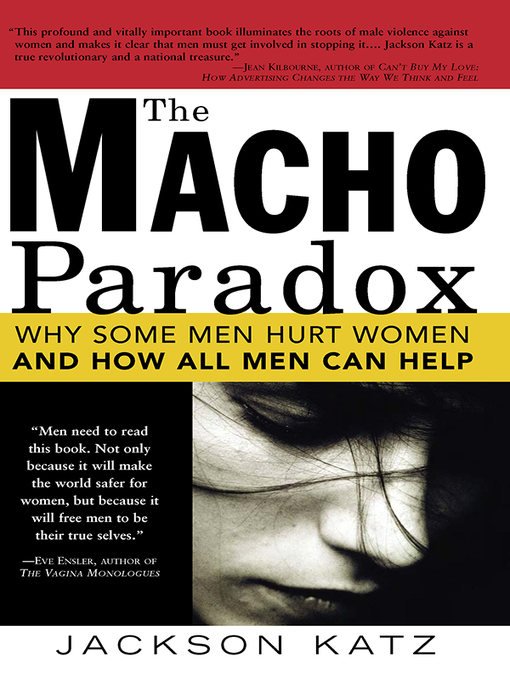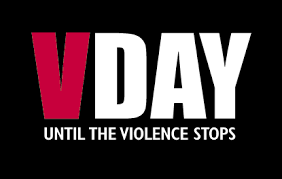Lately, I’ve been inundated with e-mails and letters from every organization I donated to during their year + their best friend organizations, asking me to donate again. As much as I obviously care about most of those organizations if I’ve already donated to them, my end of year giving is going to two organizations that do anti-street harassment-related work, RightRides and RAINN. You may be interested in donating to them, too.
 Right Rides for Women’s Safety: For more than six years RightRides has been giving free rides home to women and male members of the LGBQT community on Friday and Saturday nights in New York City. This free service is particularly helpful to people who cannot afford a cab and are reliant on buses and subways and feel unsafe waiting for or taking these late at night. RightRides has a page about the many ways you can become involved. A new feature is recurring gifts. $10/month can cover rides home for 12 people that year and $25/month covers about 30 people’s rides home. Any amount helps.
Right Rides for Women’s Safety: For more than six years RightRides has been giving free rides home to women and male members of the LGBQT community on Friday and Saturday nights in New York City. This free service is particularly helpful to people who cannot afford a cab and are reliant on buses and subways and feel unsafe waiting for or taking these late at night. RightRides has a page about the many ways you can become involved. A new feature is recurring gifts. $10/month can cover rides home for 12 people that year and $25/month covers about 30 people’s rides home. Any amount helps.
- RAINN (Rape, Abuse & Incest National Network): Individuals across the United States can seek immediate assis
tance and advice if they or someone they know are survivors of rape and sexual violence via RAINN’s national phone hotline and online chat feature. While most people know their attacker, about 25 percent do not, and many of those cases are strangers in public places who harass and attack them. When too often survivors of sexual violence are blamed for it and thus are silenced and don’t know what to do, RAINN’s services are very important. RAINN also works on prevention legislation and programming. If you donate by Dec. 31, your donation will be matched dollar for dollar, so you can make double the impact.
Here are additional suggestions for organizations whose work makes public places – and the world in general – safer for women and girls. Not only could you do end-of-year giving to them, but you could make a gift out of donating in honor of family members and friends who care about ending and/or are impacted by street harassment.
- Blank Noise – Support work in India to raise awareness about and end eve teasing/street harassment through performance art and online activism
- Defend Yourself – Support the work of a Washington, DC organization that holds community workshops and classes that teach skills to stop harassment, abuse and assault. They particularly focus on girls, women, and LGBQT folks.
 Girls for Gender Equity – Support a NYC organization that empowers teenage girls and has tackled street harassment through surveys, documentaries, conferences, and books
Girls for Gender Equity – Support a NYC organization that empowers teenage girls and has tackled street harassment through surveys, documentaries, conferences, and books- Helping Our Teen Girls – Help fund the programs of an Atlanta, GA, organization that empowers teenage girls and has tackled street harassment through workshops and music.
- Hollaback – Support the NYC-based organization so they can fund new Hollaback websites around the world
- The Line – Help fund programs to raise awareness of healthy sexual boundaries, important work that can help prevent street harassment and sexual assault.
- Men Can Stop Rape – Support rape prevention programming in middle and high schools and colleges that focuses on providing boys with a safe place to talk about masculinity issues and learn healthy definitions of manhood.
- The White Ribbon Campaign – Support an international organization that works to educate young men and boys about gender equity, respect and healthy relationships.
- Women for Women International – Help fund programming that helps women in war-torn areas gain skills and resources necessary to rebuild their lives and increase their safety in their community. You can also sponsor an individual woman as a sister.
And are you looking for other last-minute gift ideas? I can suggest a few:
 Books:
Books:
- Back Off: How to Confront and Stop Sexual Harassment and Harassers, by Martha Langelan ($0.01 – $24)
- Stop Street Harassment: Making Public Places Safe and Welcoming for Women, by me ($22 – $44)
- Hey, Shorty!: A Guide to Combating Sexual Harassment and Violence in Schools and on the Streets, by Joanne Smith, Meghan Huppuch, Mandy Van Deven (available for Pre-Order) ($10)
- The Good Men Project: Real Stories from the Front Lines of Modern Manhood, edited by James Houghton, Larry Bean, and Tom Matlack ($15)
- The Macho Paradox: Why Some Men Hurt Women and How All Men Can Help, by Jackson Katz ($6 – $13)
- Men and Feminism, by Shira Tarrant ($6 – $10)
- Unexpected Allies: Men Who Stop Rape, by Todd Denny ($11 – 17)
- Documentaries:
- Hey…Shorty! by Girls for Gender Equity ($20)
- Hip-Hop: Beyond Beats and Ryhmes, by Bryon Hurt ($150 – only the educational version is available)
- The Good Men Project: Real Stories from the Front Lines of Modern Manhood ($15)
- War Zone, by Maggie Hadleight-West (depending on the version and length, $25 – $200)
Music (MP3 Downloads)
- “Stop Looking at My Moms,” by the Astronomical Kid ($.99)
- “The Story,” by Ani DiFranco ($.99)
- “U.N.I.T.Y.,” by Queen Latifah ($.99)
- Video Games
- Hey Baby, by Suyin Looui (play online for free)
- Prints (postcard size through poster size):
- Street harassment comic by Barry Deutsch (ranging in price from $2 – $22)
Do you have other suggestions?


 Organize or participate in
Organize or participate in 





